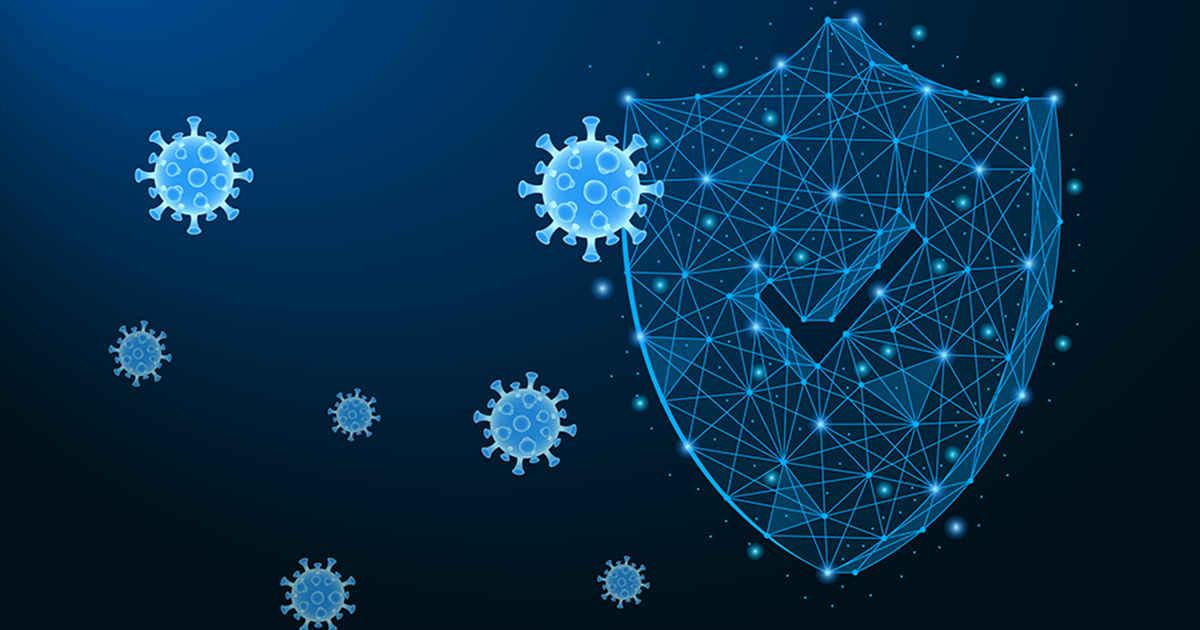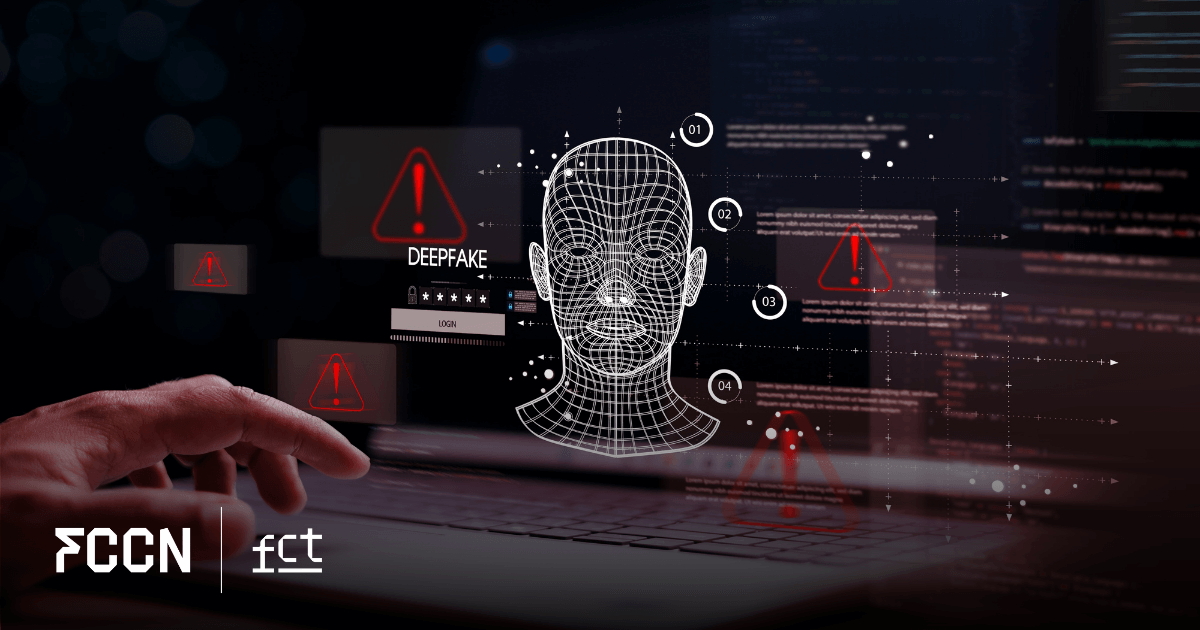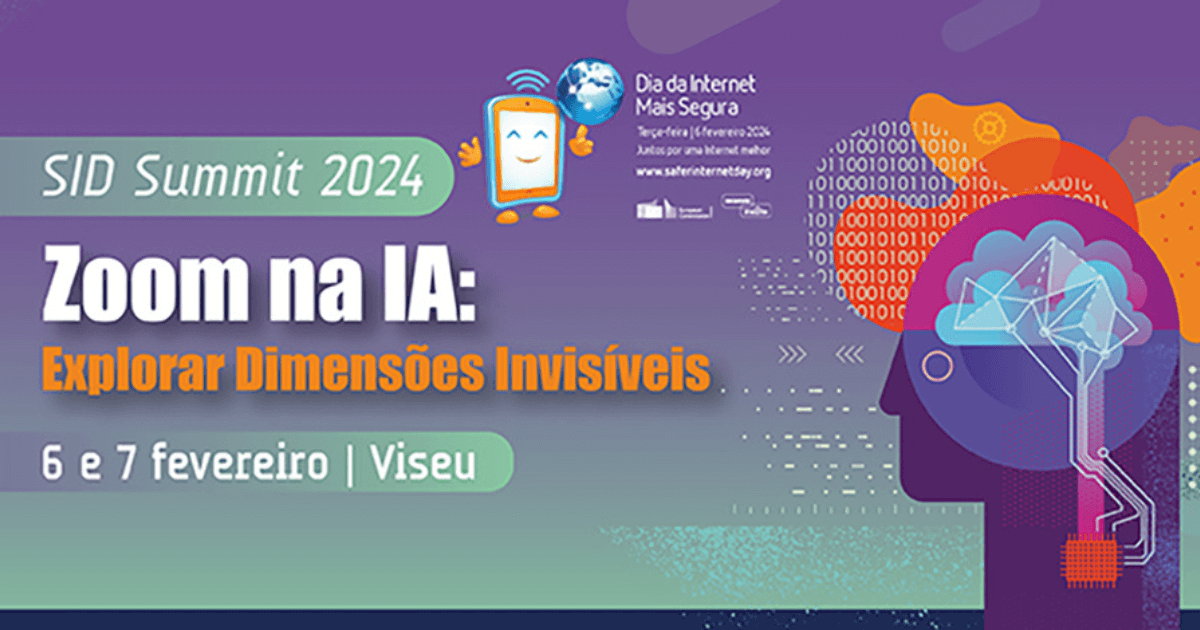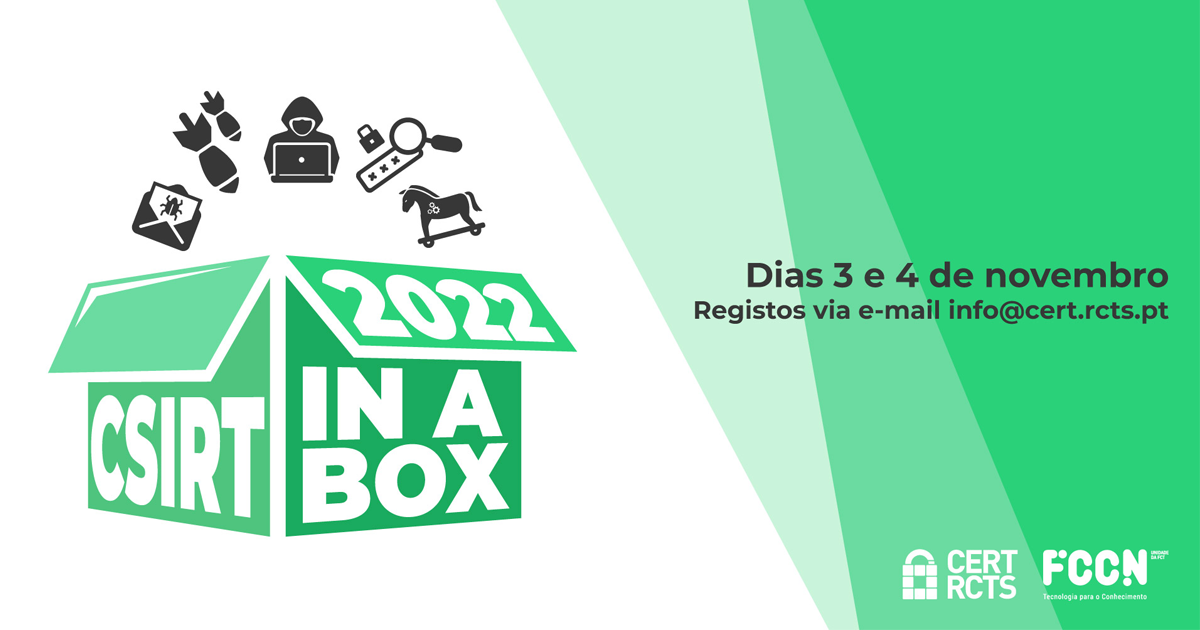Following the campaign created by the GEANT network #CyberHeroAtHome, which marked the European Cybersecurity Month, During the month of October, the FCCN Unit shares some practical content on how to ensure safe browsing. In this first week, we highlight network protection.
Each week, a new topic will be highlighted. Raising awareness of the threat of cybercrime, device protection, and identity protection will be some of the topics covered, with network protection being the central theme during the first week.
How do I secure my network?
Connectivity is today a fundamental condition in any area of activity. Virtually every industry and profession requires a network connection. The importance of this resource is proportional to the need for security.
The threats are numerous and can take the form of fake Wi-Fi networks (created by hackers, with names similar to real ones), attacks on insecure Wi-Fi networks or use of default passwords of electronic equipment (available online). Once a hacker gains access to your network, they can use your devices to carry out large-scale cyberattacks.
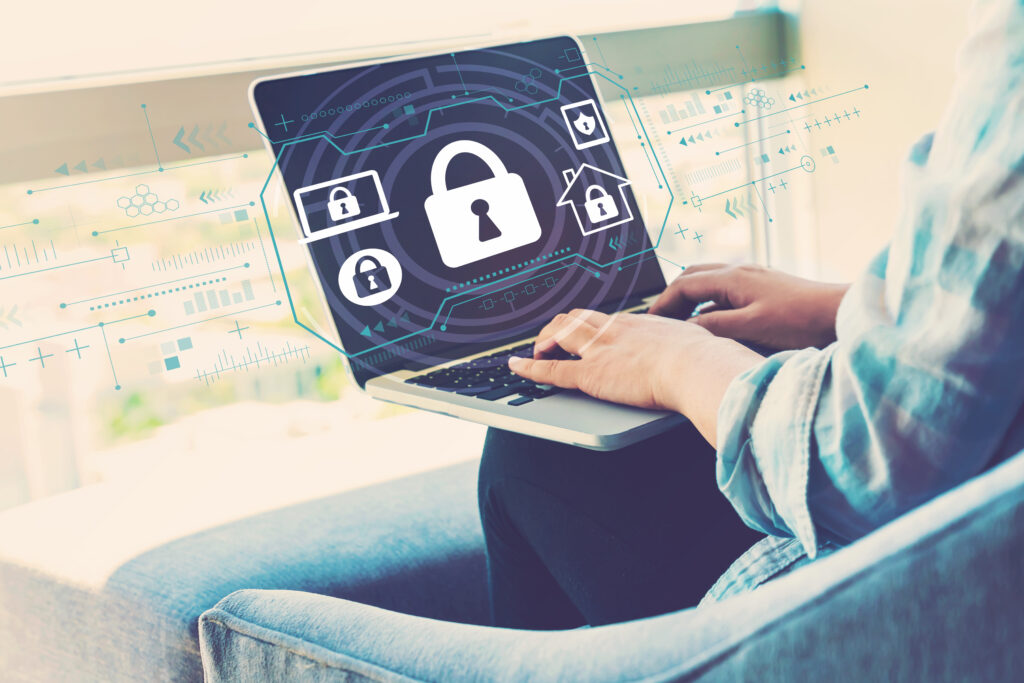
There are some basic steps you can take to ensure your network is secure, as well as some helpful tips for using other networks.
Follow GÉANT's advice and become a Cyber-Hero at home.
#1 Change your password
Change the default password on your router and other devices connected to your network. Factory-set passwords are easily discovered by hackers. Choose a strong password, avoiding dates and names, and using a variety of characters.
#2 Use a firewall
Remember to enable firewall features in your operating system and security software. The firewall acts as an intermediary between your system and external traffic, helping to prevent intruders from gaining access.
#3 Use a VPN
Using a Virtual Private Network (VPN) provides an additional layer of security. By creating an encrypted communication channel between your device and a server, this feature protects your data, helping to ensure security and anonymity.
#4 Avoid using public Wi-Fi networks
If you're working or studying in a cafe, library, or other location with public Wi-Fi, it's safer to use your smartphone as a hotspot. This is because it's relatively easy to hack a computer or phone connected to an unprotected public network, gaining access to emails, passwords, and login details, for example.
Visit the GÉANT website to find more useful information!
Cybersecurity at FCCN
Every day, thousands of students, teachers, and researchers use online services to exchange information essential to the advancement of knowledge.
Whether via email, video conferencing, e-learning, or scientific articles and journals, sharing is intended to be secure and trustworthy.
In particular, we highlight the services that ensure your day-to-day IT protection and which we invite you to learn more about in detail at website.
